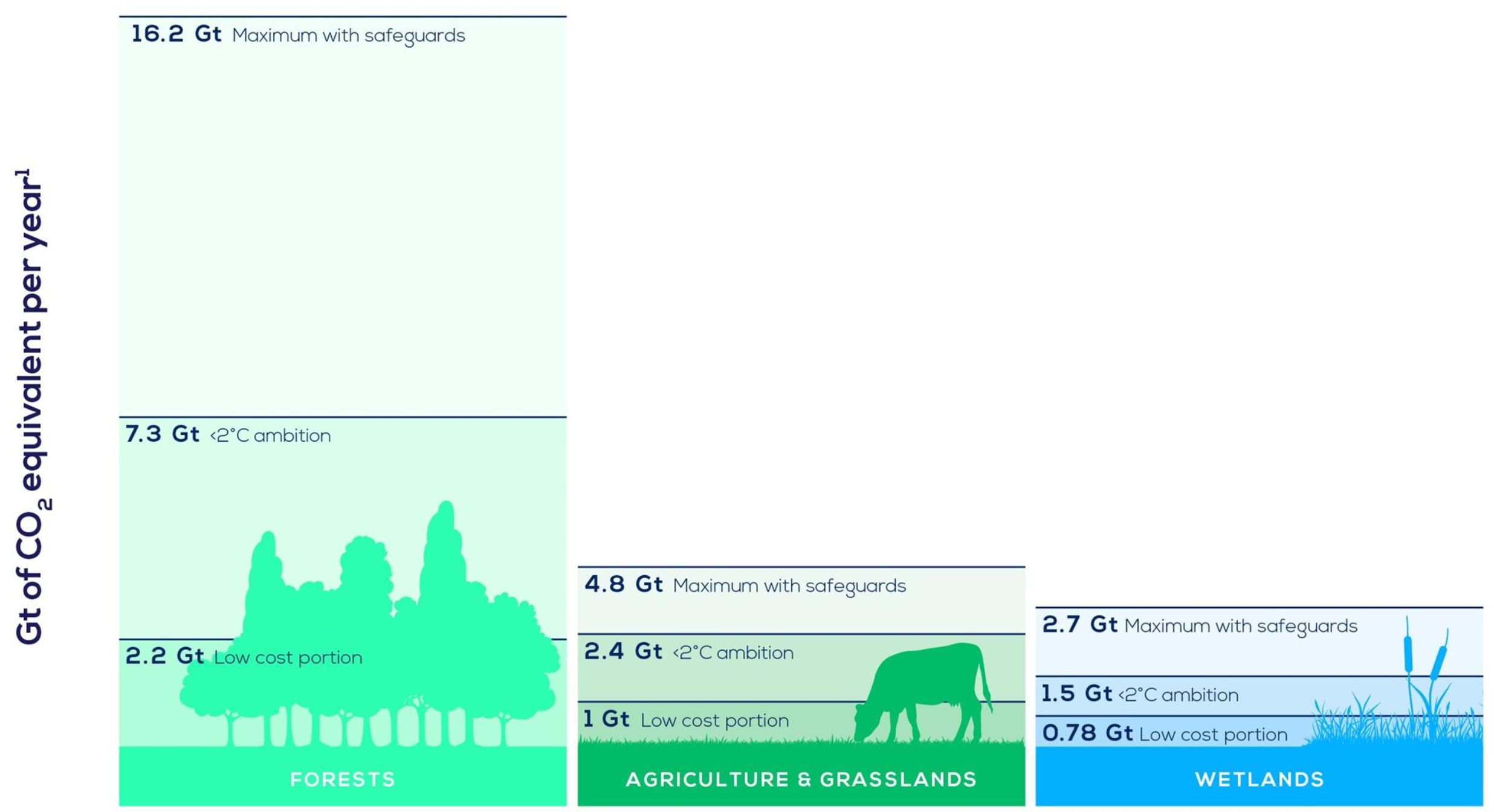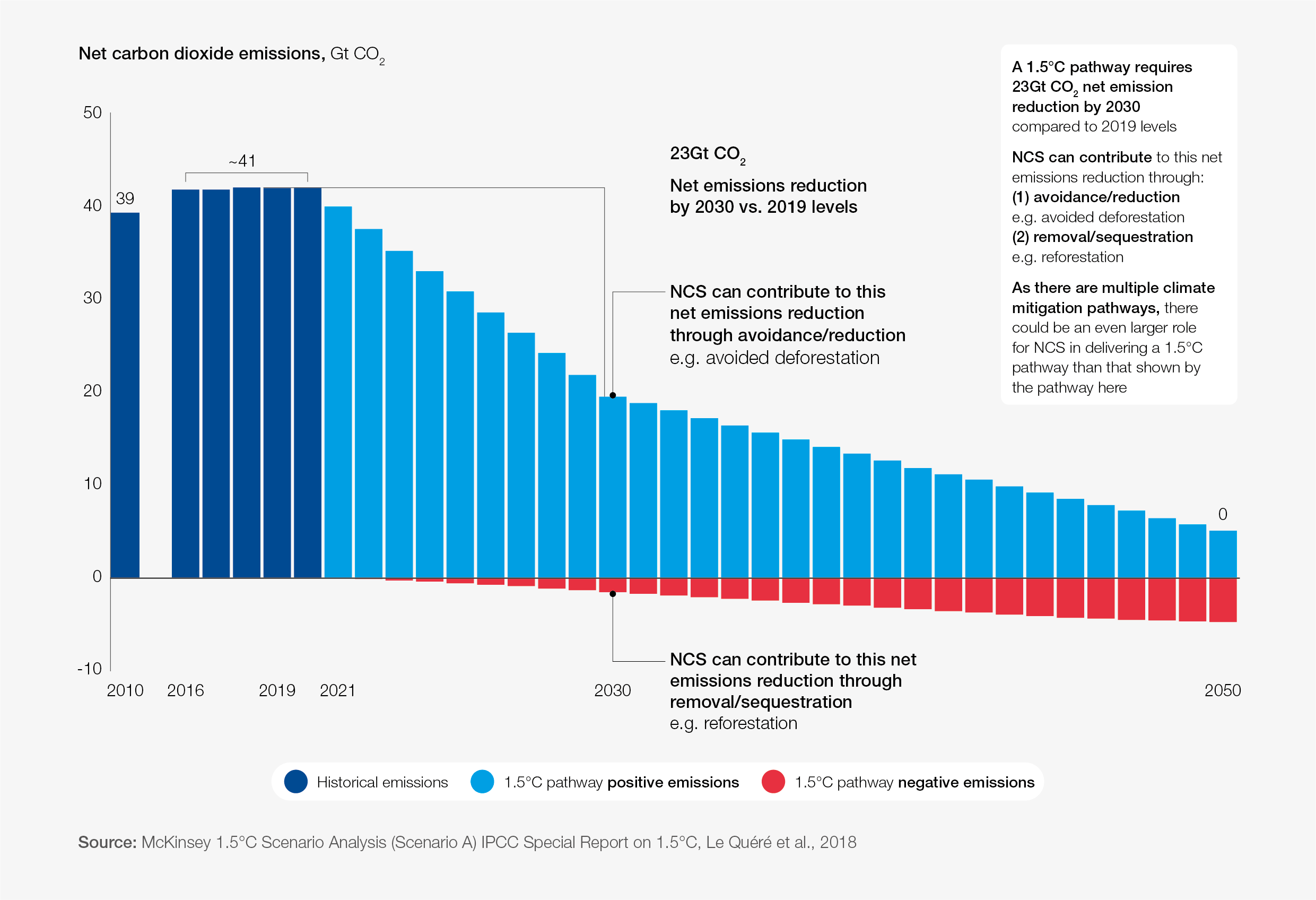Bikes, veganism and tax - how one German city is helping the country reach net zero

Germany is by far the biggest emitter of greenhouse gases in the European Union.
Image: Unsplash/Lāsma Artmane
Stay up to date:
SDG 13: Climate Action
- The German city of Tübingen says it has reduced its carbon emissions by 40% in the past 15 years.
- The city is the first in Germany to impose a disposable packaging tax on businesses and residents.
- Germany has pledged to reduce CO2 emissions by 65% by 2030 compared to 1990 levels.
In Germany’s south-west, a pretty university town near the Alps is showing the rest of the country how to go green.
Tübingen is blessed with higher days of sunshine than much of the rest of the country and, out of a population of 90,000, almost a third are students. As one of the centres of the German student protest movement in the late 1960s, it’s no surprise that Tübingen is also one of the country’s most environmentally aware cities.
Tübingen spends three times as much on bicycle infrastructure than the Danish city of Copenhagen, the city’s mayor Boris Palmer told the BBC. Palmer, who was first elected in 2007, is credited by many for shaping the city's green policies - like mandatory solar panels on roofs and free buses on Saturdays.
Palmer says the city has seen a reduction in the emission of CO2 per capita by 40% in the past 15 years, while Tübingen’s economy has grown by 40%. “This gives us hope that there might be a way to overcome global warming and keep growing,” he told the BBC.
Packaging comes at a price
Tübingen is also the first German city to implement a tax on disposable packaging - known as the Verpackungssteuer. It imposed an extra payment of 50 cents on anything from coffee cups to meal plates, to pizza boxes. All disposable cutlery is also taxed. Even if something is made from sustainable materials, anything that is for one-time use has become costlier.
During the first few weeks in operation, the new tax resulted in 15% less waste in the city’s rubbish bins. But tax hasn’t gone down well with the city’s only branch of McDonald’s which is challenging the move in court. With more than 1,500 restaurants across the country, the American fast-food giant is arguing for a uniform framework rather than different rules across cities.
But many businesses in Tübingen have embraced the new rules. Naresh Taneja has owned a vegan Indian restaurant in the city for 30 years, she told the BBC. “I have stopped stocking any disposable plates,” he says. “We were already encouraging our customers to bring their own lunch boxes and now this tax has helped even more.” The local authority also provided assistance to businesses to deal with the tax like helping them buy reusable cutlery.
Is Germany becoming meat-free?
Veganism and vegetarianism in general is popular in Tübingen, and is fast becoming so across Germany. Famous for meaty sausages like the Bratwurst, plant-based food isn’t what most people would associate with German cuisine. But that appears to be changing. Research carried out in 2019 by Statista revealed that almost half of Germans follow a primarily non-meat diet.
Sales of meat substitutes in the country are expected to reach approximately $593 million by the end of 2022. Meat consumption is meanwhile expected to fall. Surveys show many of those who have curbed their meat eating are doing so out of concerns for the environment as well as animal welfare. This is good news for the race towards net zero, as meat and dairy products contribute as much as 58% of greenhouse gas emissions produced by the global agricultural industry, according to Statista.
The race to net zero
Germany is by far the biggest emitter in the European Union, producing 810 metric tons of CO2 equivalent in 2019.
The German parliament has set a national goal of reaching climate neutrality by 2045 and aims to reduce greenhouse gas emissions by at least 65% by 2030 compared to 1990 levels.
With many other cities like Tübingen playing their part in combating climate change, it certainly feels like the country is on the right path.
What is the World Economic Forum doing on natural climate solutions?
Accept our marketing cookies to access this content.
These cookies are currently disabled in your browser.
Don't miss any update on this topic
Create a free account and access your personalized content collection with our latest publications and analyses.
License and Republishing
World Economic Forum articles may be republished in accordance with the Creative Commons Attribution-NonCommercial-NoDerivatives 4.0 International Public License, and in accordance with our Terms of Use.
The views expressed in this article are those of the author alone and not the World Economic Forum.
Forum Stories newsletter
Bringing you weekly curated insights and analysis on the global issues that matter.



